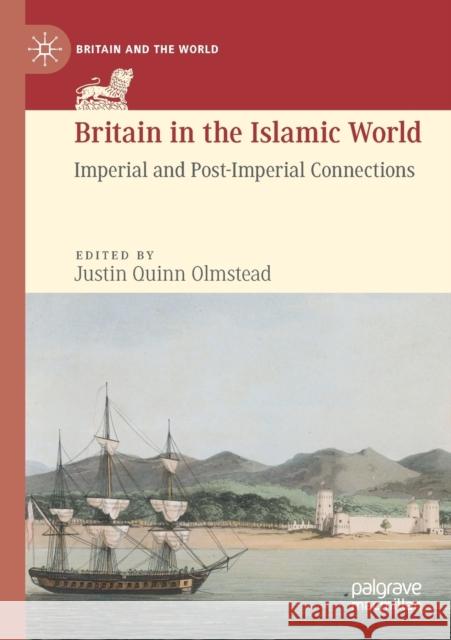Britain in the Islamic World: Imperial and Post-Imperial Connections » książka
topmenu
Britain in the Islamic World: Imperial and Post-Imperial Connections
ISBN-13: 9783030245115 / Angielski / Miękka / 2020 / 254 str.
Britain in the Islamic World: Imperial and Post-Imperial Connections
ISBN-13: 9783030245115 / Angielski / Miękka / 2020 / 254 str.
cena 483,04
(netto: 460,04 VAT: 5%)
Najniższa cena z 30 dni: 462,63
(netto: 460,04 VAT: 5%)
Najniższa cena z 30 dni: 462,63
Termin realizacji zamówienia:
ok. 16-18 dni roboczych.
ok. 16-18 dni roboczych.
Darmowa dostawa!
Kategorie BISAC:
Wydawca:
Palgrave MacMillan
Język:
Angielski
ISBN-13:
9783030245115
Rok wydania:
2020
Wydanie:
2019
Ilość stron:
254
Waga:
0.32 kg
Wymiary:
21.01 x 14.81 x 1.45
Oprawa:
Miękka
Wolumenów:
01
Dodatkowe informacje:
Wydanie ilustrowane











